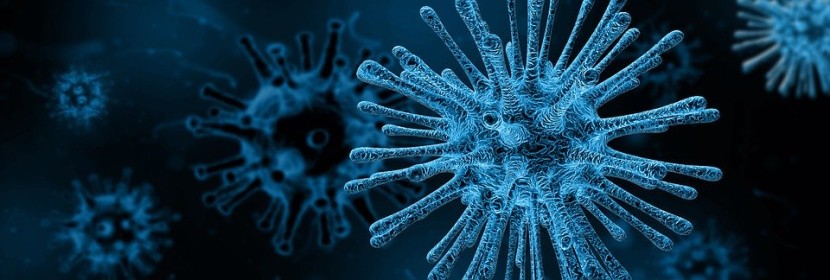Different kinds of illnesses and their differences

There are different kinds of illnesses all over the country and now we have the new coronavirus spreading making every person panic and stuck at their houses.
Dr. Maria Granzotti, the chief medical clinical official at Ascension Texas, separates the contrasts between allergies, colds, strep throat, flu, and COVID-19 before going to the hospital to see a doctor who specializes these illnesses.
Read also:
Coronavirus
It is a transmitted disease through animals and people. Scientists found out that it is circulating in animals that have not yet infected humans. The symptoms of coronavirus are:
Respiratory Symptoms
Fever
Cough
Shortness of breath
And, breathing difficulties
In severe cases, the coronavirus can cause pneumonia, kidney failure, severe acute respiratory syndrome, and even death.
Flu
Or influenza can cause mild to severe illness and can lead to death. It is different from a cold. Usually, it comes on suddenly. People who have flu feel all of these symptoms.
Fever/Chills
Cough
Sore throat
Runny or stuffed nose
Muscle or body pain
Headaches
Fatigue
Vomiting
Diarrhea
People recover in a few days or less than two weeks, but some people develop complications such as pneumonia, some of which can be life-threatening and result in death.
Strep throats
A bacterial infection that is itchy in your throat and can make it sore. If untreated, strep throats can lead to other complications, such as rheumatic fever or kidney inflammation. Here are the symptoms of having a strep throat:
Throat pain that usually comes on quickly
Painful swallowing
Redness and swollen tonsils
Tender lymph nodes in your neck, Swollen
Fever
Headache
Body pain
Rash
Nausea
It's possible for you or your children to have a significant number of these signs and side effects yet not have strep throat. The reason for these signs and side effects could be a viral disease or some different illnesses.
Cold
A viral infection of your nose and throat that is usually harmless. There are other types of viruses can cause colds. Here are the symptoms of having a common cold.
Runny/stuffed nose
Cough
Sore throat
Congestion
Slight body pain
Mild headache
Low-grade fever
Sneezing
There are no vaccines for common colds but you can take safety precautions to slow the spread of cold viruses.
Allergies
When your immune system reacts to a foreign substance such as pollen, pet's fur, bee venom or food that does not cause a reaction in most people, allergies occur. Your immune system produces antibodies when you have allergies. When allergies occur your immune system can inflame your skin, sinuses, digestive system or airways. Here are the symptoms of having allergies.
Hay Fever or also called allergic rhinitis
Sneezing
Itching of the nose, eyes or roof of the mouth
Runny/stuffed nose
Conjunctivitis
Food allergy
Hives
Anaphylaxis
Tingling in the mouth
Swelling of the lips, throat, tongue or face
Insect sting allergy
Itching or hives all over the body
Cough
Chest tightness
Wheezing or shortness of breath
A large area of swelling at the sting
Anaphylaxis
Atopic dermatitis or eczema
Itch
Flake or peel
Redden
Anaphylaxis
This can be triggered by some types of allergies including foods and insect stings. The signs and symptoms of anaphylaxis include:
Skin rash
Lightheadedness
A rapid/weak pulse
Severe shortness of breath
Low blood pressure
Loss of consciousness
Nausea and vomiting
In the event that you've had an extreme allergy attack or any signs and indications of allergies before, make an appointment to see your doctor who specializes in allergies and immunology.








